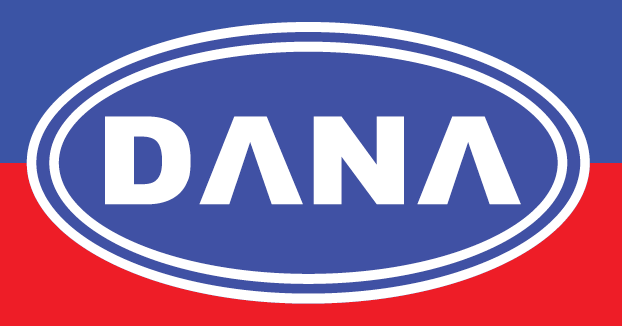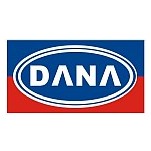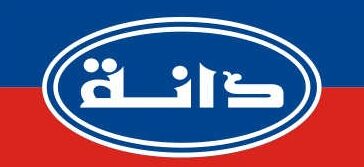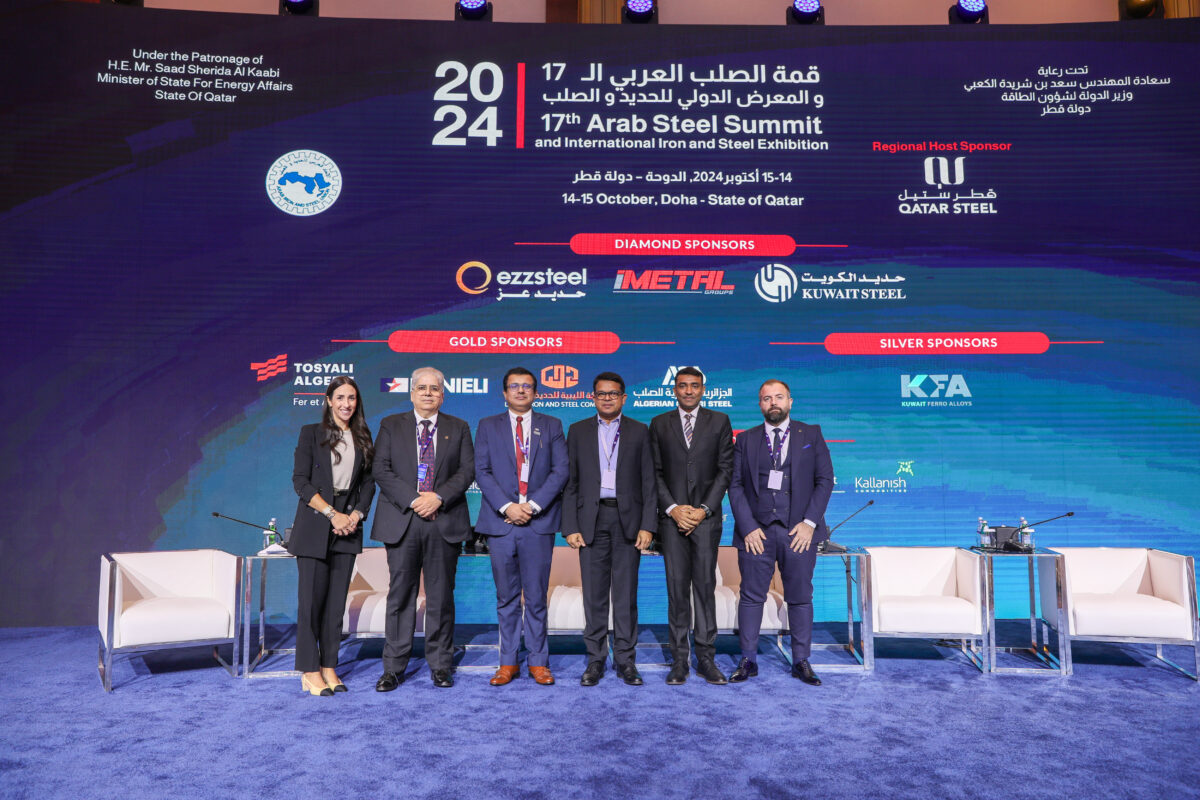SS Grade 80, SS350 Galvanized Steel for Roll forming
Roll forming is a continuous process that uses multiple sets of matched rollers to turn sheet metal into a designed shape. Each set of mated rolls makes only minor changes to the form. A complicated profile is formed by the aggregate of these minor variations in form.
The Forming Process
In traditional stamping, the entire portion is created simultaneously. When the tensions from forming surpass what the metal can achieve before splitting, the component shape – and especially how complicated it can be – is limited. Only a little amount of forming strain is applied to the component during each station in roll formed parts, and even then, only a small section is bent at any given moment. As a result, with a well-planned roll forming process, more complicated shapes can be achieved.
A coil or lengthy individual strips are passed through a roll forming line in the forming process, which turns the flat sheet into a contoured cross-sectional profile. The employment of consecutive forming stations, each of which nudges the metal towards the desired shape, is a distinctive feature of this method. A computer analyses the best placement and form of the rollers for maximum efficiency and creates the track based on the specified profile. The more rollers the material passes through, the further advanced the desired shape is. During the process, the roll forming line can bend metal, form metal into tubes, build metal maze-like patterns, and punch holes in the metal.
The rollers are metal dies with precision contours that shape the incoming sheet metal. They are also the motorised driving rolls that pull the strip through the roll forming unit in the majority of cases. These rollers might be as simple as the cylindrical rollers that are used to roll luggage through airport scanners, or they can be more complex. The strip is sheared to the ordered product length after the final forming station. Since the final form has been reached, no extra work is usually required before shipment.
Advantages of the Roll Forming Process
Roll forming offers a number of advantages. Roll forming’s “assembly line” efficiency allows for the production and cutting of vast lengths of metal in huge quantities, lowering costs. Secondary operations like punching and even welding can be incorporated into a single production line. Roll formed sheet steel can provide profiles that are comparable to those seen in extruded aluminium.
When compared to other shaping methods, the roll forming technique makes it easier to create lighter-weight steel parts since the wall thickness may be targeted depending on the component’s structural needs. Even if a finish or paint has been applied, parts can be rolled. Roll forming is a room temperature procedure that can yield similarly intricate profiles as hot forming. As a result, it avoids the risk of distortion associated with hot forming while also being more energy efficient.
Roll forming is used in a variety of industries, including automotive, appliance, construction, agriculture, solar, and racking, due to its numerous advantages.
SS Grade 80, SS350 Galvanized Steel for Roll forming
Steel sheets that have been zinc coated to improve rust and corrosion resistance are known as galvanised steel sheets. Construction materials, appliances, car parts, and fencing are all examples of industrial applications for galvanised roll forming. Galvanized roll forming is commonly used for products that will be exposed to the outdoors or in environments with a lot of moisture.
The roll forming method is particularly suited to galvanised steel sheets. Adhesive bonding, riveting, soldering, and welding are some of the processes that can be used to bond galvanised steel. The galvanised roll forming process is similar to the uncoated flat-rolled sheet forming technique (although different setups may be used). The ideal roll forming arrangement for a specific application is determined by the steel’s strength, formability, and fabrication and joining processes.
About Us:
DANA STEEL is a leading manufacturer of various steel products, covering a wide range of products and serving thousands of clients across the globe, at Dana Steel we ADD VALUE TO STEEL. Our products are proudly MADE IN UAE and exported to more than 45 countries across the globe. Sandwich Panels, Profile Sheets, Decking Sheets, Aluminium Panels, Composite Panels, Z Purlins, C channels, Metal Lintels, roofing sheets, Fencing Sheets, Steel sheets, stainless steel.
Plot No: 5325494 ,Saih Suaib-3
City: Dubai
Country: United Arab Emirates [U.A.E.]
Phone: 00971-4-2217273
Email: Info@danasteel.com
Fax: 00971-4-2215940
Facebook/Instagram/Twitter: @danasteeluae
Whatsapp: +971507983153




